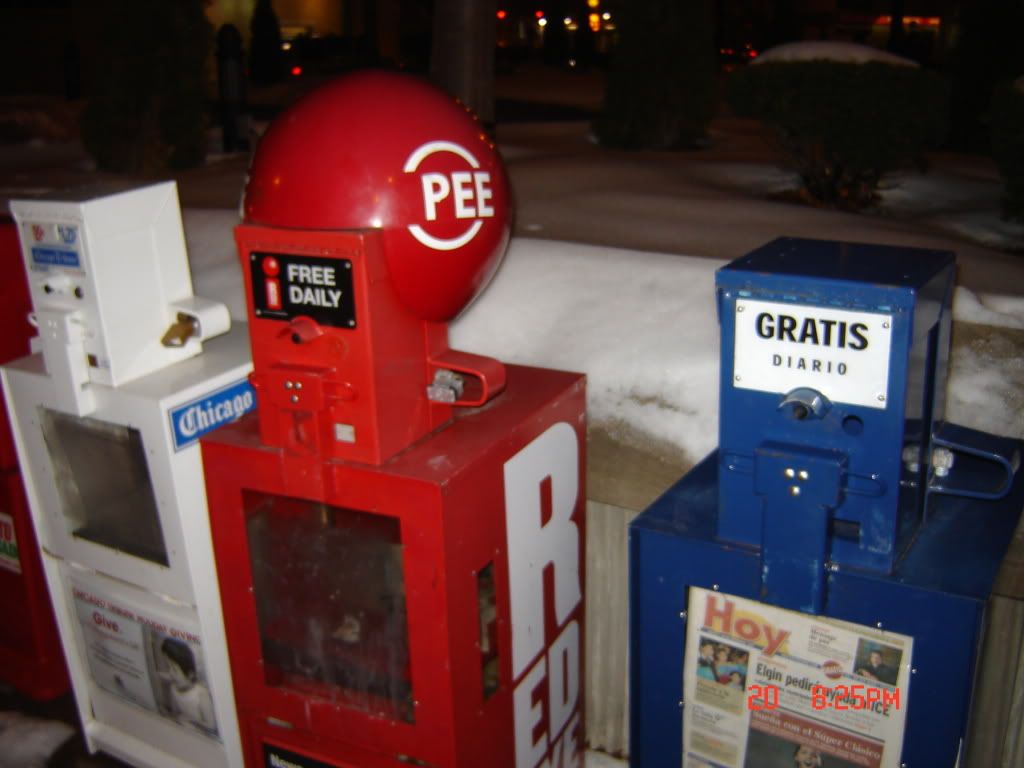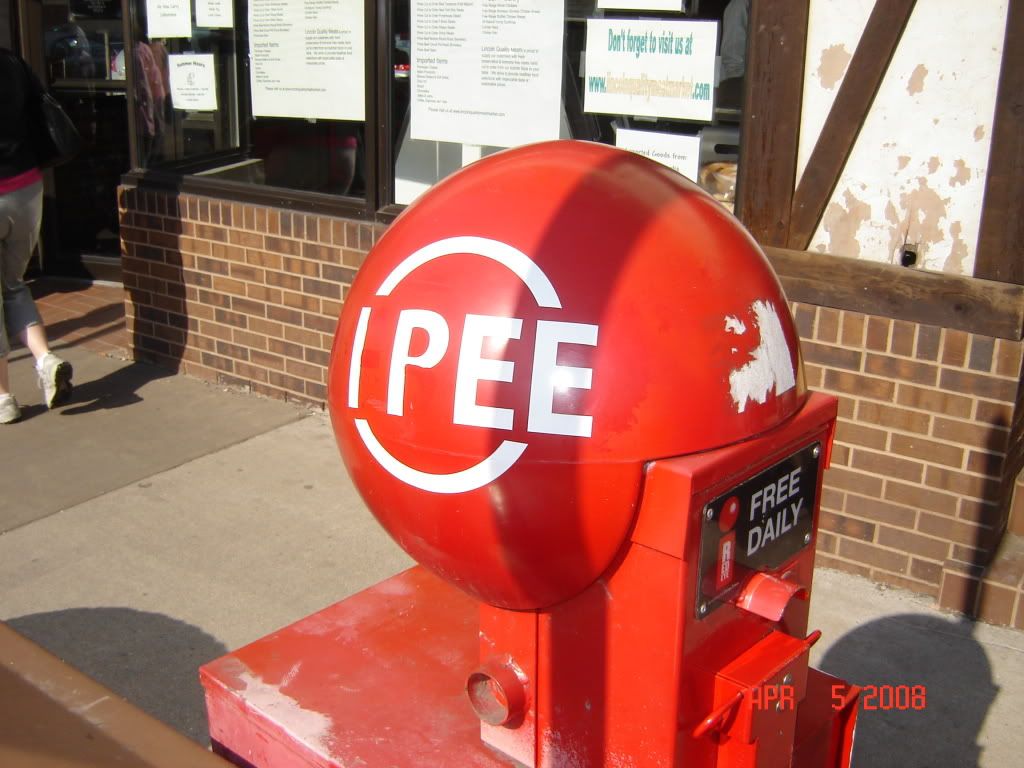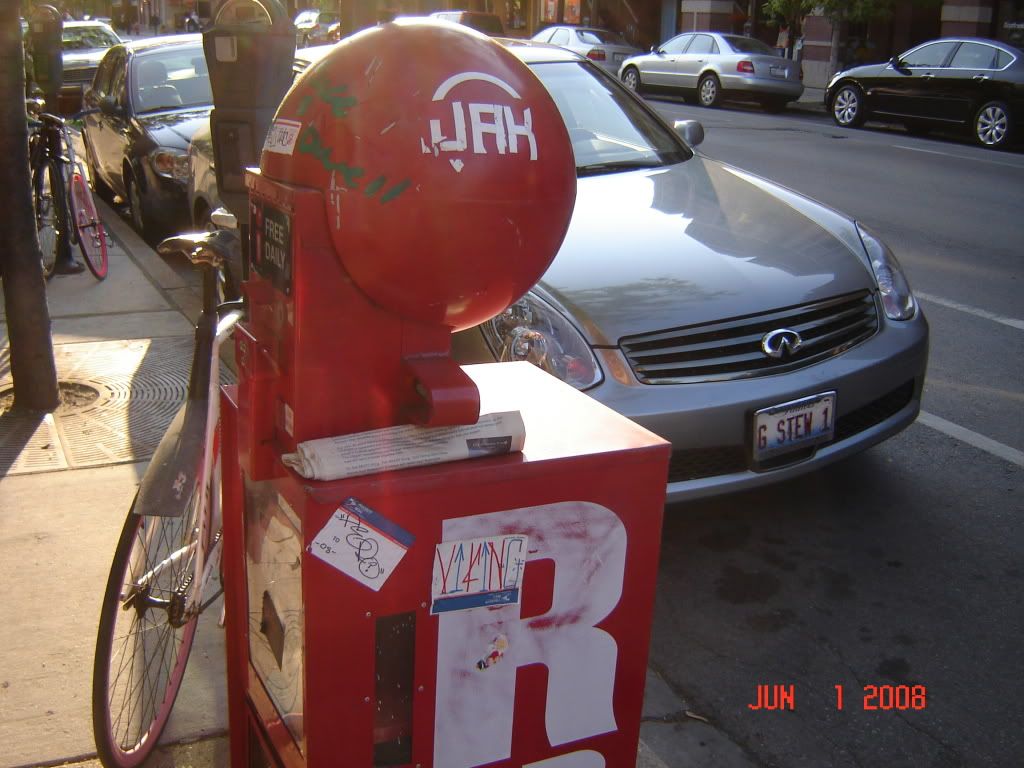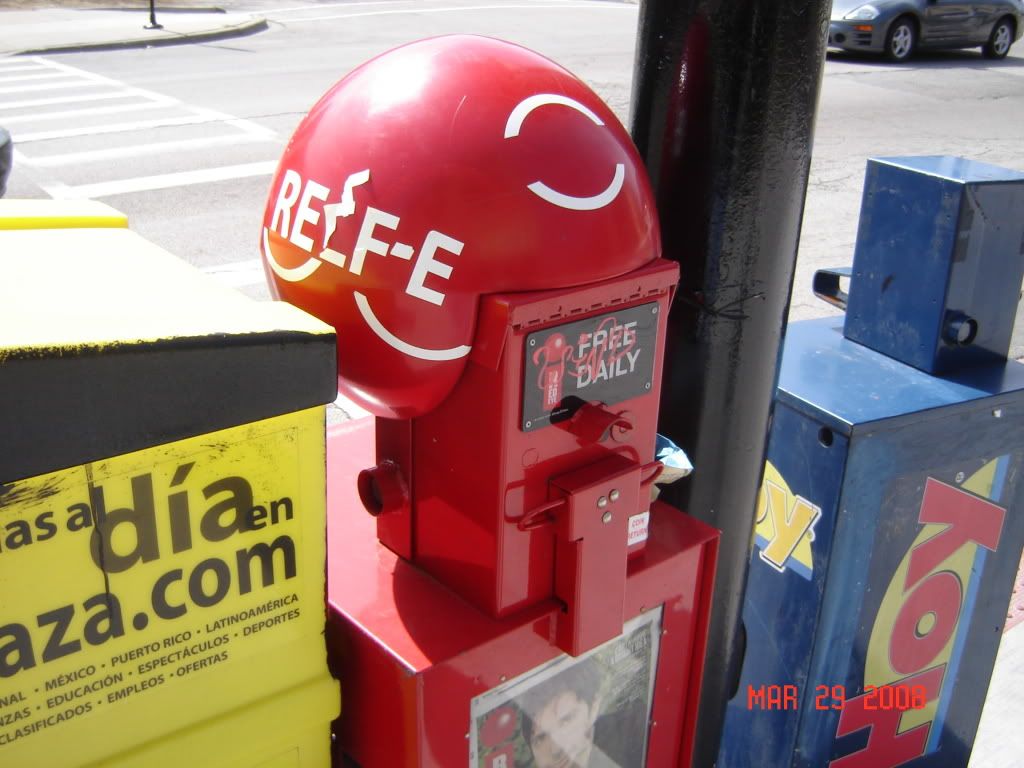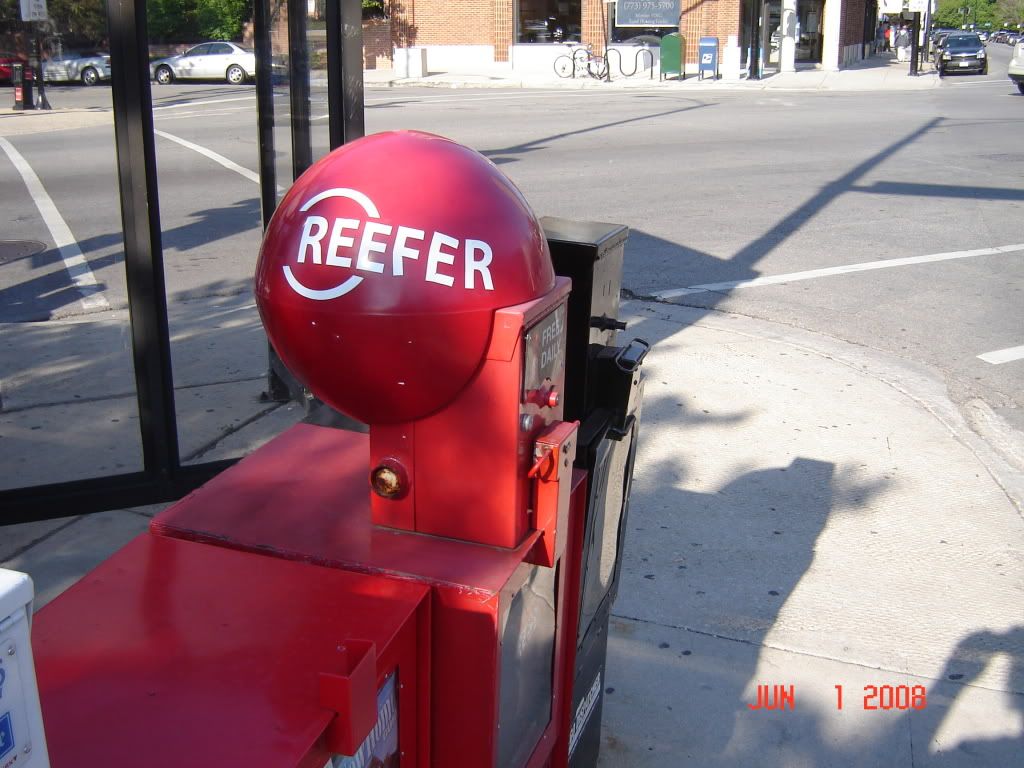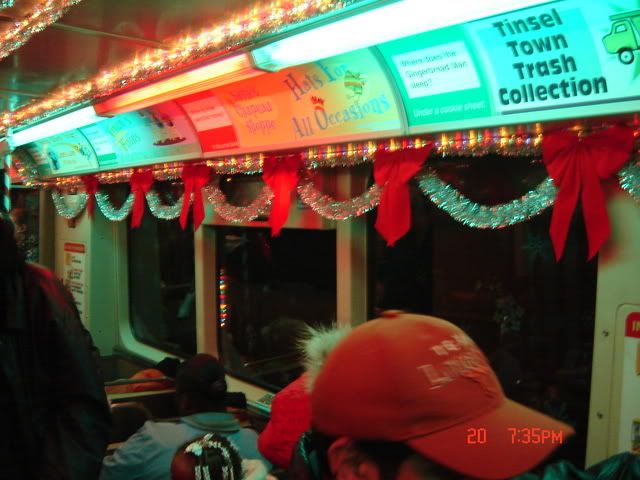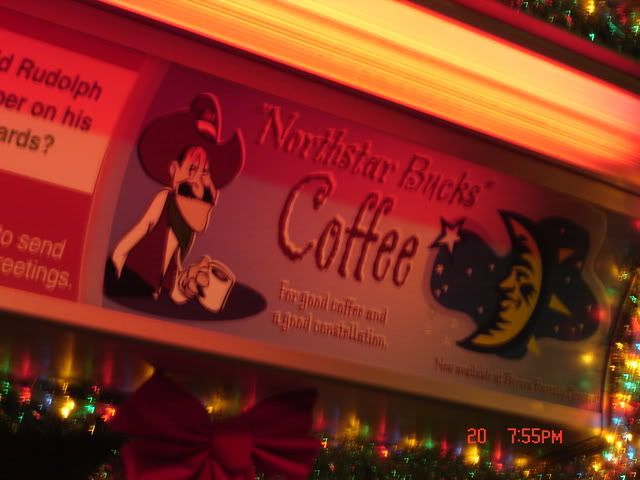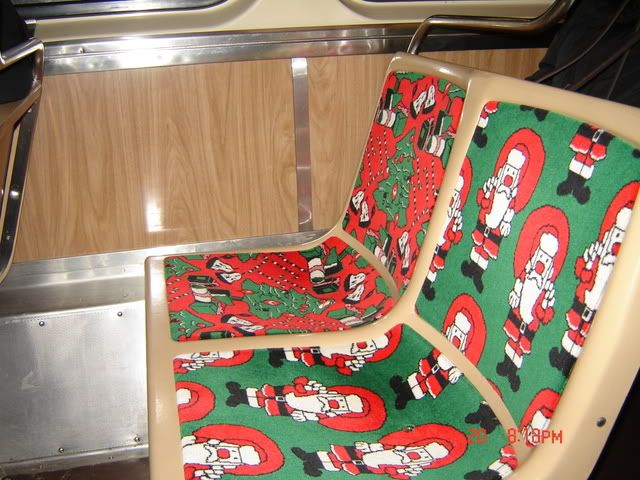The Beatles' Definitive CD Versions: The 1964 Singles
KOMM, GIB MIR DEINE HAND
In 1964, German record label execs were complaining that they can't have ideal sales on s ongs sung in English, so to comply with their requests, George Martin had The Beatles record their two biggest hits to date, "I Want To Hold Your Hand" and "She Loves You," in German. The group was on a short break in Paris during a tour and protested having to do this task for such a trivial reason on their day off, but who's going to defy George Martin's wishes? While they were at it, the guys also recorded "Can't Buy Me Love." The two German songs were released as a single in Germany, which is why I included it in the "1964 Singles" post.
The "Komm, Gib Mir Deine Hand" vocals were overdubbed onto the "I Want To Hold Your Hand" multitracks. The lyrics were provided by a couple of Germanophones (is that a real world?) EMI outsourced; not only were the lyrics translated, but they were also changed so that there'd be a rhyme scheme in the new German version. (Indeed, do you remember the English lyrics ever saying "Oh, you are so pretty, pretty as a diamond"?)
There are two mixes: a mono mix and a stereo mix. On the stereo mix, the backing track is panned hard-left, while the vocals and handclaps are panned hard-right. Many fans have taken the "I Want To Hold Your Hand" stereo backing track as extracted from the Anthology DVD's 5.1 soundtrack and synched it up to the "Komm, Gib Mir Deine Hand" vocal track to get a stereo version of the song with centered vocals; you can actually find my attempt on one of the Tuned To A Natural E compilations.
Now, let's talk about that music, shall we?
MONO VERSIONS:
PM87:
Interesting; I don't remember it sounding this bad before; then again, I've been listening to the Something New version ever since The Capitol Albums came out. Bad EQ. Also, it sounds like the tape "breathes" in some places, know what I mean?
CAPITOL (mono):
The Something New mono version is actually a really good track. The EQ is good, with enough emphasis on the bass and the treble to make it a really exciting piece of music. As for the mix itself, there's a great balance of all the instruments and vocals. The vocals are actually pretty dry, which surprised me because I'm so used to hearing them reverbed. There might be a tape glitch or two, but not enough to affect one's enjoyment of the song.
MM:
Take all the treble out of the Something New version, press it to a record, wear the record out severely, and you have, unfortunately, the 2009 Mono Masters reissue. It vocals are very distorted, and the equalization leaves much to be desired. I dunno, maybe I have a bad CD or something? But at least I didn't notice any tape glitches. Basically, this is the 1987 version but with vocal distortion.
STEREO VERSIONS:
CAPITOL (stereo):
Extremely bright sound. Unfortunately, the vocals are too loud, especially in the headphones. At the very beginning of the track, you can hear a voice (McCartney's?) and some whispering. There's a lot of hiss on this track; I'm guessing that The Beatles overdubbed their German vocals on a copy of the original multitracks, meaning there's one generation of analog tape lost, and of course most (if not all) of the Capitol albums were mastered from copies of the British masters, which means yet another generation of tape loss on this track, so it's understandable that there's noticeable hiss.
PM09:
Again with the bad mastering on the 2009 version -- what the heck?! The left channel sounds noise-reduced beyond all recognition, and there's just no equalization to speak of; it's all middle. The vocals sound a bit distorted, but not as distorted as on MM.
Worst mono version: Mono Masters
Uck. That's all I can say. Uck.
Best mono version: The Capitol Albums, Vol. 1
If you thought the 2004 box set releases of the American albums were unnecessary, you were sorely mistaken. Because of The Capitol Albums, we have a good-sounding version of "Komm, Gib Mir Deine Hand."
Worst stereo version: Past Masters (2009)
I guess the German songs were considered a novelty or something; why else did they obviously get no care and attention on the reissue campaign?
Definitive CD version of "Komm, Gib Mir Deine Hand": The Capitol Albums, Vol. 1 (mono)
The bright EQ, nice balance, and the intact excitement make the version from the mono Something New win out. The EQ easily puts it over the top against the 1987 and 2009 issues. As for mono over stereo? Quite simply, the stereo mix isn't balanced very well at all.
SIE LIEBT DICH
I don't care what any of the fan sites' conspiracy theories say, The Beatles rerecorded the backing track for this song because the "She Loves You" multitracks simply no longer existed; they were stolen, erased, or just plain lost, depending on whom you believe. If you don't believe me that the backing tracks are different, just listen -- it's very obvious. If you still don't believe me, refer to your Mark Lewisohn book.
Now...in Germany, this was the B-side of "Komm, Gib Mir Deine Hand." "Sie Liebt Dich" was nowhere to be found in England in 1964 as a domestic product. In the United States, though, it found its way onto a Swan single, with "I'll Get You" on the B-side. You see, Swan argued that they had the right to release "She Loves You" on a single, and the label argued that because "Sie Liebt Dich" is the same song (just in a different language), then they had the right to release it as a single. However, the folks at Swan obviously didn't feel like arguing that logic to the blokes at EMI, as there's no record that they ever asked for a copy of the master, and in fact the Swan single was a copy of an Odeon record from Germany -- which is why Swan's release of "Sie Liebt Dich" didn't sound terribly good! I do believe EMI issued a cease and desist to Swan, saying that Swan had the right to release the master of "She Loves You" as a single -- "Sie Liebt Dich" obviously was not the "She Loves You" master!
The next time we got to hear the song in the States was in 1980, on a Capitol Records compilation called Rarities, which included a stereo mix of the song. As with "Komm, Gib Mir Deine Hand," the stereo mix of "Sie Liebt Dich" pans the backing track to the left and the vocals to the right.
MONO VERSION:
MM:
There's definitely some emphasis on the bass on this version. In fact, the lows sound distorted, and the vocals sound distorted. No audible tape glitches; however, in some parts of the song, it sounds like the recording was mastered from a record, but in other parts the sound is pretty clean. The EQ definitely could benefit from some treble.
STEREO VERSIONS:
PM87:
What? You thought this was a mono version? Because it says that in the liner notes? And it sounds like mono to you? Well, apparently this is actually a very, very tight stereo mix. Sounds like mono to me. Oh well. EQ is okay, but it sounds like there are a lot of tape glitches. Actually, the last "Ooooooooooh!" does sound like it's isolated to the left channel.
PM09:
Definitely has a full, wide stereo separation. The instruments are hard-left, and the vocals are hard-right. The EQ is much better than on both MM and PM87, the vocals are much cleaner than on MM, and the tape glitches present on PM87 are gone here.
Worst version: Mono Masters
Because it's debatable as to whether the 1987 version is stereo or mono, I'm not doing a best/worst mono/stereo here. MM has absolutely the worst sound, period. The bass and vocals are darn near unlistenably distorted, and the equalization is terrible.
Definitive CD version of "Sie Liebt Dich": Past Masters (2009)
Bright sound throughout, no tape glitches, and no distortion. Yeah, the stereo separation makes for awkward listening -- especially with headphones -- but it's definitely the most enjoyable version.
I FEEL FINE
Yeah, yeah, accidental feedback, blah blah blah...but I hesitate to call it "feedback." True guitar feedback is definitely not anything like what's at the beginning of "I Feel Fine." I think what happened, rather, was that the plucking of Paul's A string on his bass was picked up by the A string on one of the other guitars, and because the two strings were perfectly in tune with each other, the 6-string's A-string started vibrating and ergo audibly sounded. That's not feedback, my friends. That's just plain cool. It's also what makes it possible for the human voice to break glass. But whatever caused this avant garde opening to happen, it certainly contributed greatly to what arguably could be considered a Perfect Beatles Song.
Yeah, it's great that September 9, 2009 saw the remastering of The Beatles' canonical catalog, but we still don't have the "whisper" version of "I Feel Fine" -- that is, the version that appeared on the European releases of the "red" album and on which you can hear some whispering before any music starts. Most references specify that it was the British version, but I have a red vinyl pressing from France that has the whispering at the beginning. Anyhoo....
MONO VERSIONS:
SINGLE:
It sounds to me as if the version in the singles box (which, I assume, is the same version used to press the original UK single) were mastered with A.M. radio in mind. I'm not saying this is a bad thing -- in fact, there's something exciting about this song. You can almost feel how exciting it was to hear this song coming out of a transistor radio. It's an amazingly clean recording; you can hear each instrument very distinctively. Yeah, there could be some more treble, but it's a damn fine recording nonetheless.
EP:
Sounds like there's less reverb in the intro. Definitely more bass than on the single version, maybe a bit more treble. Nice recording. Sounds like it might have been mastered with the home listener in mind rather than the A.M. radio listener, know what I mean? I guess you could say it sounds a bit more danceable than the single version.
CAPITOL (mono):
Holy reverb, Batman; The Fab Four must have recorded this in a cavern! Okay, this is one song from which Dave Dexter's engineering goons really should have stayed away. I don't know how to explain it, but the reverb makes this song sound less...real. Less honest. Think of a rainy day in New York City; that's what this version sounds like.
CAPITOL (fake stereo):
Oh, dear God, what did The Beatles do to deserve the hack job that Capitol did on this? And how dare they call it "stereo"?! Forgive Dave Dexter and his staff, Lord; they knew not what they did. Actually, scratch that -- please don't forgive them. Ouch. High/low fake stereo plus duophonic echo delay plus excessive reverb equals cheapening of The Beatles equals unhappy Sean. (Excuse me while I go clean out my ears, now; this bad fake stereo made my earwax run.)
MM:
*Whew!* Much better. This is by far the cleanest-sounding mono version, in that it's definitely not laden with noise reduction, no noticeable tape glitches, just very clean. You can actually hear the plectrum strike the strings on John's guitar right at the end of the instrumental break. However, the equalization needs help. As usual, more treble, please. The bass is pretty cool, though.
STEREO VERSIONS:
PM87:
Nice clean recording, could use a bit more EQ balance. "I Feel Fine" definitely sounds cool in stereo. I do wish the drums were a bit louder. The lead guitar overpowers everything during the instrumental break.
RED:
The vocals sound a bit brighter than on PM87. Lead guitar is still a bit overpowering, and I'm severely underwhelmed by the drums.
1:
The 1 version sounds incredibly bright and clean from the beginning. The bass is a little more pronounced than before. Drums are, thankfully, more audible; the overall stereo balance is a little better than on prior stereo CD releases. Brightness all around. John's vocals are so clear you can actually hear the saliva -- whether that's good or bad is up to you!
PM09:
Certainly an improvement over PM87 and the red album, but not over 1. The equalization isn't as good, and there's noticeably more hiss from the beginning and lasting all the way through. The balance isn't that great -- the vocals overpower the song, and most of the backing instruments are hard to hear; the exceptions, as usual, being John's and George's guitars.
Worst mono version: The Capitol Albums, Vol. 1 (fake stereo)
Maybe it was Dave Dexter taking out his frustration on The Beatles? After all, he didn't want to sign them. Brian Epstein went over his head to his boss. That's the only logical explanation I can think of: revenge.
Best mono version: The Compact Disc EP Collection
Barely edging out Mono Masters, this version has the best overall sound, with the excitement jumping out quite well.
Worst stereo version: Past Masters Vol. 1 (1987)
Not the best sound in the world, and the guitars are too overpowering.
Best stereo version: 1
Best equalization, cleanest sound, and good balance of instruments plus vocals.
Definitive CD version of "I Feel Fine": 1
Hands-down, noticeably the best version all around.
SHE'S A WOMAN
The "I Feel Fine" / "She's A Woman" single combination is one of several that exemplifies an amazing pairing of John Lennon and Paul McCartney each saying the same thing in their own ways; if not lyrically, then musically. We had similar pairings with "Paperback Writer" and "Rain," "Hey Jude" and "Revolution," and perhaps most strikingly, "Penny Lane" and "Strawberry Fields Forever." This, ladies and gentleman, is a hell of a combo.
That's all I need to say, except that if you're an obsessive collector, there's an interesting outtake of "She's A Woman" on Unsurpassed Masters Vol. 2 that will make you think that Robert Plant took over the vocals at one point.
MONO VERSIONS:
SINGLE:
Right away I didn't care much for the sound. The intro chords sounded as if they were coming from a Hills Bros. coffee can. When the body of the song kicks in, though, the sound is a bit better, with a great bass line. As with many mono singles, it sounds as if it were mastered with A.M. radio in mind. Not the best EQ, but there is an overall good balance of all instruments and vocals.
CAPITOL (mono):
Again with the reverb, Capitol, what the hell?! EQ needs help, too -- too much high and middle, not enough low. All the reverb tends to drown out the piano. During the first refrain, somehow the vocals are noticeably overpowered; probably again blurred by the reverb.
CAPITOL (fake stereo):
Dave Dexter was a murderer; his engineers hit men. Need I say more?
MM:
This would be an amazing listen, if it only were for more treble in the equalization. It also sounds severely noise-reduced.
STEREO VERSIONS:
PM87:
Again, could use a bit more EQ balance. Interestingly, the vocals sound most affected by poor EQ. Most of the instruments and vocals balance nicely, but the maracas are too loud, and the piano is too quiet.
EP:
From the stereo bonus EP from the EP box, that is. The overall sound is a huge improvement over PM87. Also, we get something that's not on any other CD version legally released: a count-in. Maracas are still too loud and piano too soft, but still a good listening experience.
PM09:
Certainly the loudest-mastered of all the version, but still pretty good sound. The EQ isn't as good as on the EP version, but the sound itself is crisper and cleaner. The maracas aren't overpowering, and the piano is actually at a nice level.
Worst mono version: The Capitol Albums, Vol. 1 (fake stereo)
Yuck. I think when it's my time to go, the first thing I'll do is find Dave Dexter and asked why, oh why he felt it necessary to slaughter a classic.
Best mono version: The Complete Singles Collection
Mono Masters would have won if it didn't sound so noise-reduced.
Worst stereo version: Past Masters Vol. 1 (1987)
Did people not believe in equalization?
Best stereo version: Past Masters (2009)
What put this over the top was the clean sound and even balance of all the elements of the song.
Definitive CD version of "She's A Woman": Past Masters (2009)
I think the mono version itself is more exciting, but the only way I could imagine that winning this contest is if you had a playback system that enables you to crank up the treble -- it truly is exciting. However, since not everybody has that luxury, I have to go with the version that sounds the best without any tweaking. The new Past Masters version wins.

